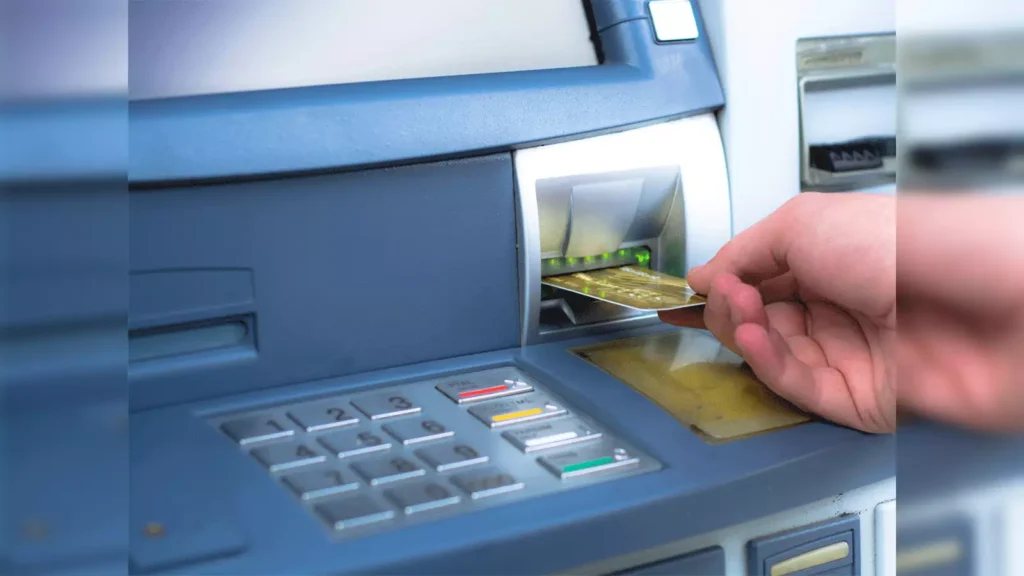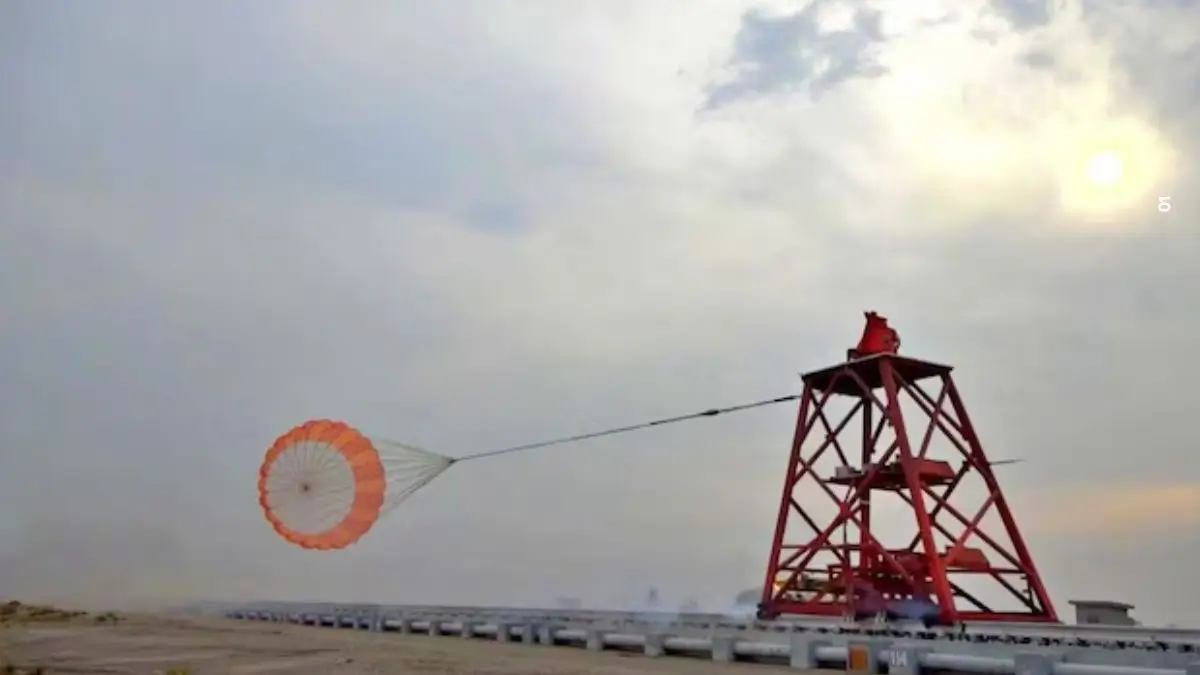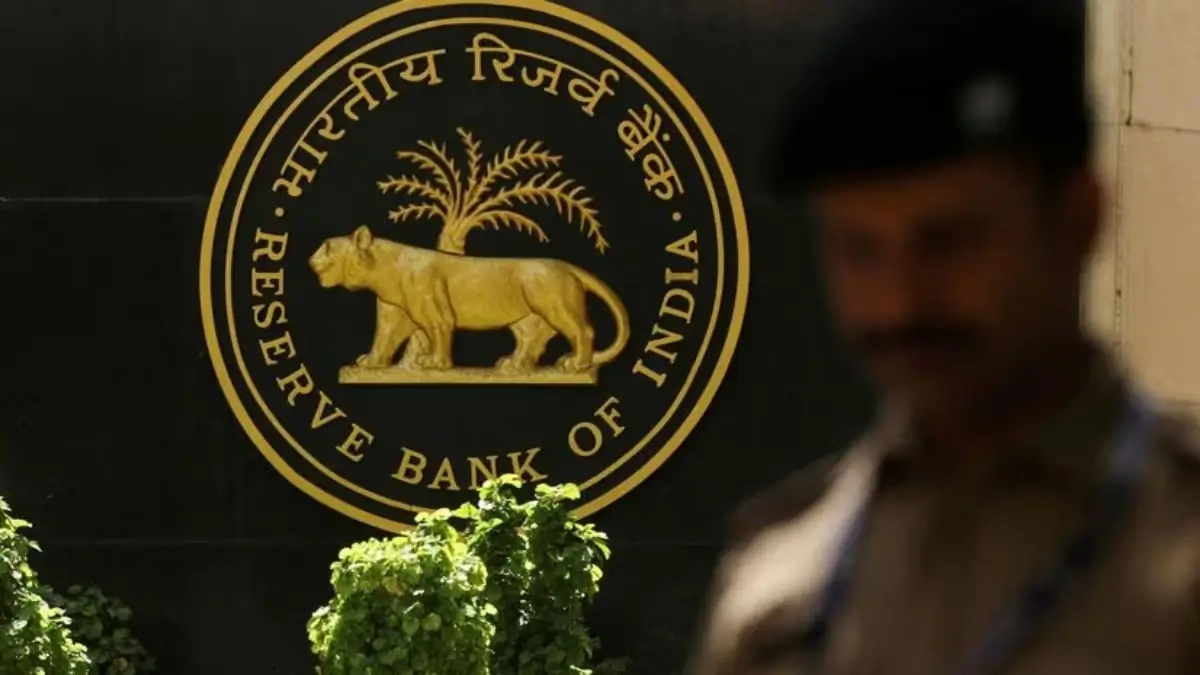ATM Operators Push for Rs 2 Interchange Fee Hike Amid Viability Concerns
In recent developments within the banking sector, ATM operators have been advocating for an increase in the interchange fee to Rs 2 per transaction. This move comes amidst growing concerns over the viability of operating ATMs, which have faced significant financial challenges in recent years. The demand for a hike in the interchange fee is primarily driven by the operators’ need to cover operational costs and ensure sustainable business operations.
Amidst the backdrop of increasing operational costs and financial challenges faced by ATM operators, the push for a hike in the interchange fee to Rs 2 per transaction holds critical implications for various stakeholders within the banking sector and beyond.

Why this News is Important:
Impact on Banking Sector and Consumers
The proposal to increase the interchange fee to Rs 2 per transaction could have profound implications for both the banking sector and consumers. ATM operators argue that the current interchange fee structure is inadequate to cover rising operational expenses, including maintenance, security, and cash replenishment costs. A hike in the fee could potentially alleviate some of these financial burdens and ensure the continued availability of ATMs across the country.
Financial Viability of ATM Operations
The viability of operating ATMs has been a pressing issue for operators, especially in the face of declining transaction volumes and increasing costs. Many independent ATM operators have struggled to maintain profitability under the existing fee structure, leading to concerns about the sustainability of their operations. By advocating for a higher interchange fee, operators aim to achieve a more balanced financial equation that supports ongoing investment in ATM infrastructure and services.
Historical Context:
Background of ATM Interchange Fee Policies
The issue of interchange fees for ATM transactions has been a subject of ongoing debate and regulatory scrutiny in India. Historically, interchange fees are set by banks and ATM networks to compensate ATM operators for the costs associated with providing cash withdrawal services. Over the years, changes in transaction volumes, technological advancements, and regulatory interventions have influenced the fee structures governing ATM operations.
Key Takeaways from the Proposal to Increase ATM Interchange Fee to Rs 2
| Serial Number | Key Takeaway |
|---|---|
| 1. | ATM operators are advocating for an increase in the interchange fee to Rs 2 per transaction to address financial viability concerns. |
| 2. | The current interchange fee structure is perceived as inadequate to cover rising operational costs such as maintenance, security, and cash replenishment. |
| 3. | The proposal aims to ensure the continued availability of ATMs across India by supporting sustainable business operations for operators. |
| 4. | Regulatory bodies and banking institutions play a crucial role in determining interchange fee policies, considering both economic feasibility and consumer impact. |
| 5. | The outcome of the deliberations on the interchange fee hike will have significant implications for the banking sector, consumers, and the broader economy. |
Important FAQs for Students from this News
What is an interchange fee for ATM transactions?
- Answer: The interchange fee is the compensation paid to ATM operators by banks for facilitating cash withdrawals.
Why are ATM operators advocating for an interchange fee hike?
- Answer: Operators cite rising operational costs, including maintenance and security expenses, as reasons for the proposed fee increase.
How will the proposed interchange fee hike impact consumers?
- Answer: If implemented, consumers may face higher charges for ATM withdrawals, potentially affecting their banking costs.
Who sets the interchange fee rates in India?
- Answer: Interchange fee rates are typically determined by banks and ATM networks, subject to regulatory oversight.
What are the regulatory considerations involved in setting ATM interchange fees?
- Answer: Regulatory bodies monitor interchange fee policies to ensure fairness and transparency in consumer transactions.
Some Important Current Affairs Links

















